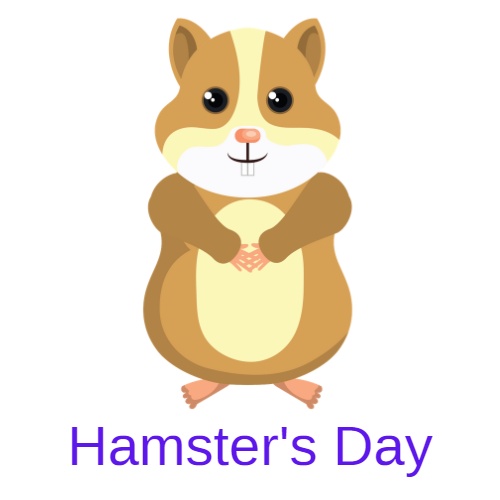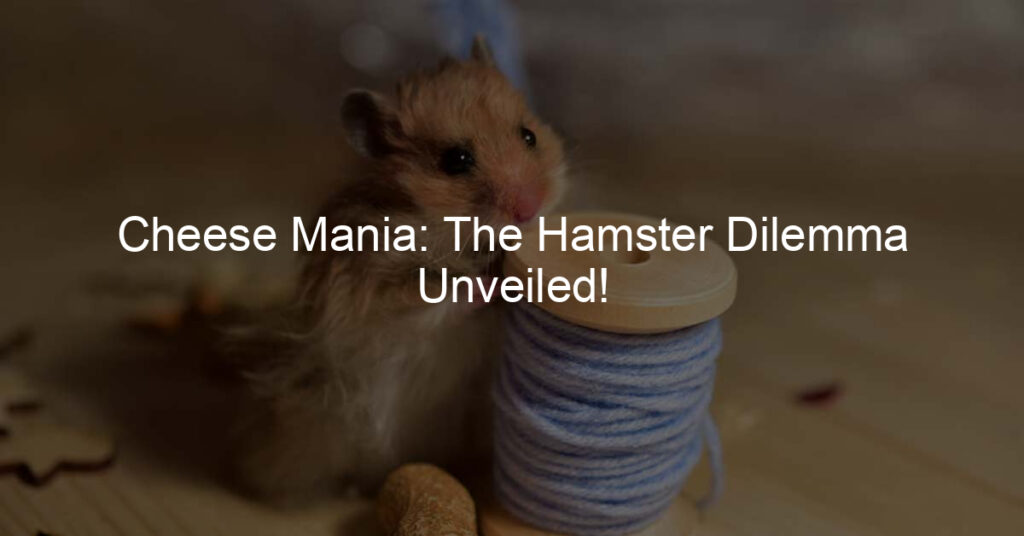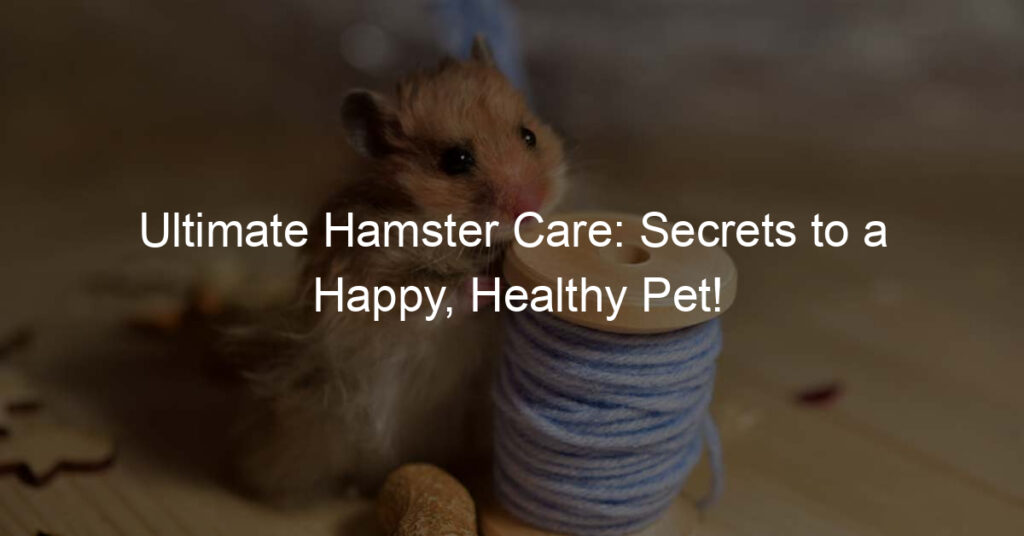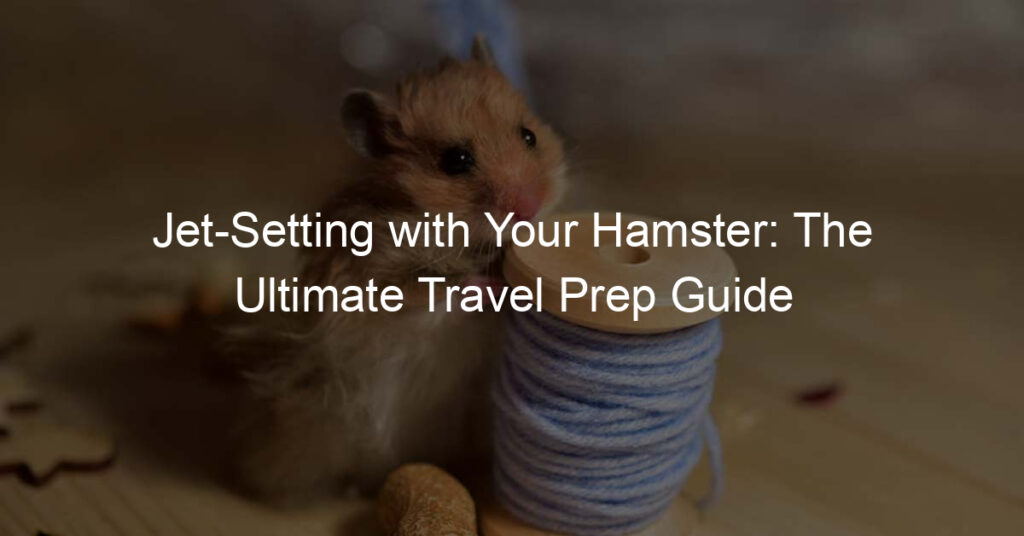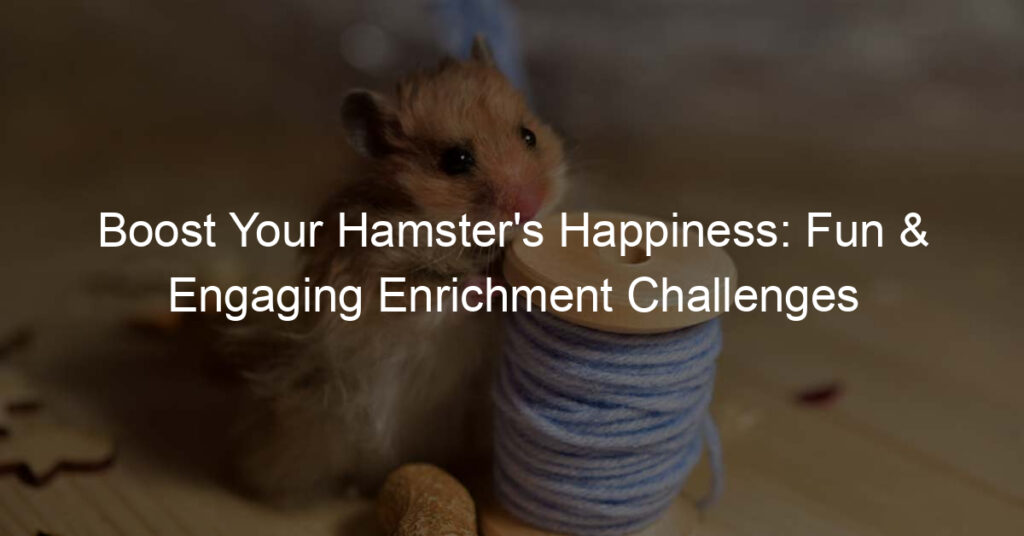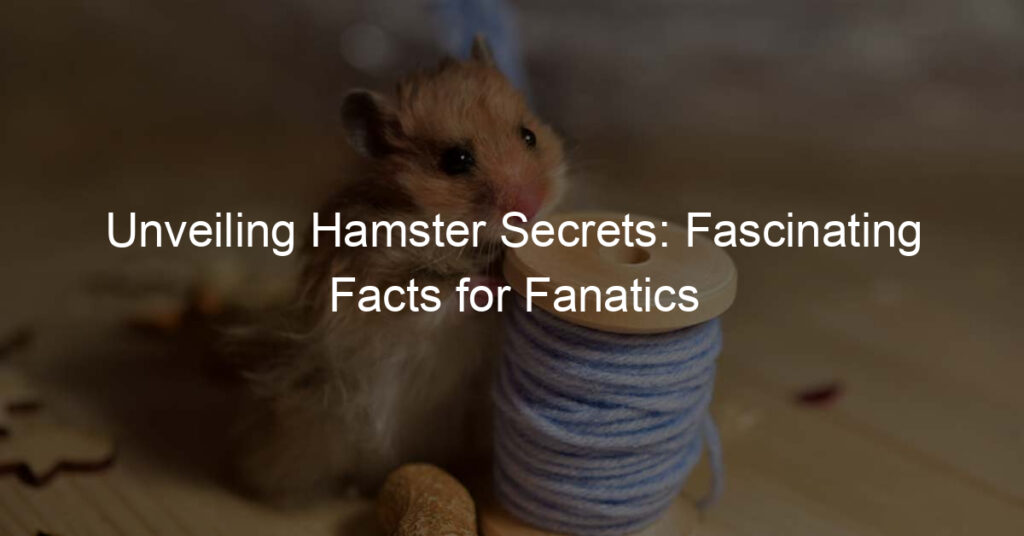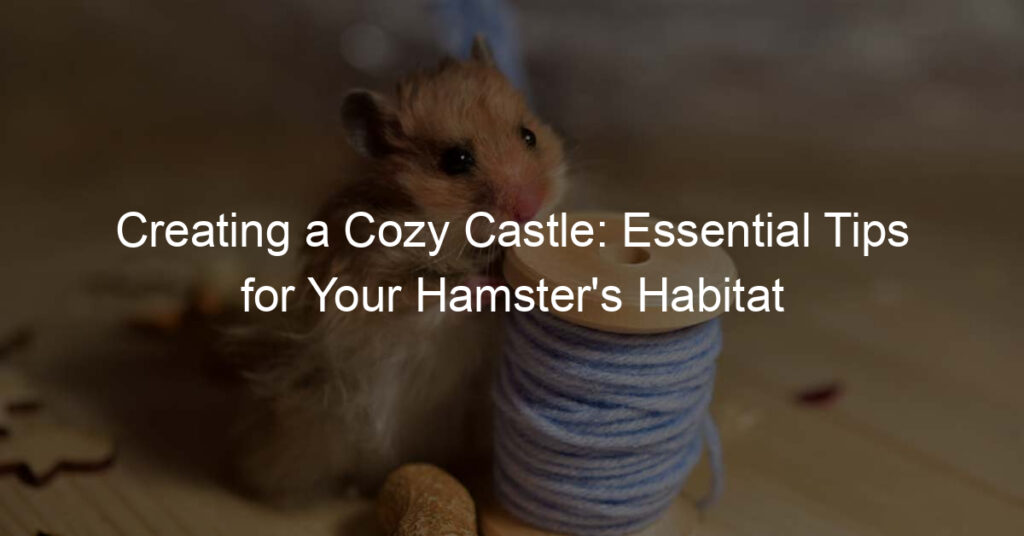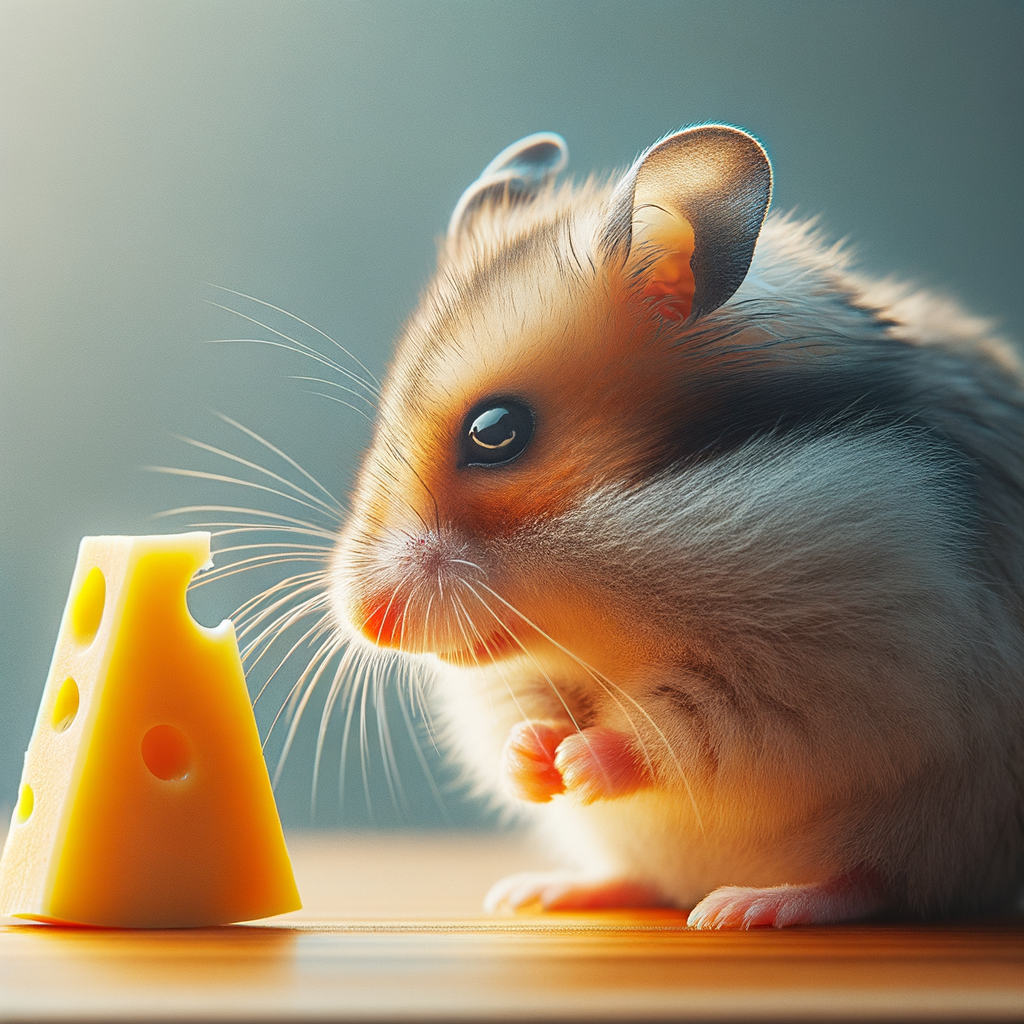
Cheese for Hamsters: An Introduction
When it comes to feeding your pet hamster, it’s important to understand what they can and can’t eat. One food item that often sparks curiosity is cheese. Can hamsters eat cheese? Let’s explore this topic together.
- Understanding the Hamster Diet
- Common Misconceptions about Hamster Cheese Consumption
Hamsters are omnivores, meaning they eat both plants and meat. Their diet in the wild consists of grains, seeds, vegetables, and occasional insects. In captivity, hamsters thrive on a diet of commercial hamster food, supplemented with fresh fruits and vegetables. But what about cheese?
Many people believe that hamsters can eat anything, including cheese. However, this is a common misconception. While cheese is not toxic to hamsters, it should only be given in moderation. Cheese is high in fat and can lead to obesity and other health issues if fed in large amounts. It’s also worth noting that not all types of cheese are safe for hamsters. Soft cheeses, for example, can cause digestive issues.
So, can hamsters eat cheese? The answer is yes, but only in moderation and as a treat. It’s always best to stick to a balanced diet of commercial hamster food and fresh fruits and vegetables. Remember, when introducing any new food to your hamster’s diet, do so gradually and monitor their reaction.
Wild About Cheese: The Hamster’s Perspective
If you’ve ever wondered what your hamster thinks about cheese, you’re not alone. Many hamster owners are curious about their pet’s dietary preferences. Let’s take a closer look at the hamster’s perspective on cheese.
The Cheese Quandary: A Deep Dive
Hamsters, like humans, have their own unique tastes and preferences. But when it comes to cheese, things can get a little complicated. Let’s dive deeper into this topic.
- Hamster Food Preferences: A Case Study
- Safe Cheese for Hamsters: Key Takeaways
Consider the case of Fluffy, a hamster who was given a variety of foods to choose from. Interestingly, Fluffy showed a clear preference for cheese over other foods. This case study suggests that hamsters may indeed have a natural affinity for cheese. However, it’s important to note that every hamster is unique and may have different preferences.
While it’s clear that many hamsters enjoy cheese, it’s crucial to ensure that the cheese you give your hamster is safe. Here are some key takeaways:
| Cheese Type | Is It Safe? |
|---|---|
| Cheddar | Yes, in small amounts |
| Blue Cheese | No, can cause digestive issues |
| Cottage Cheese | Yes, in small amounts |
Always remember to give cheese in moderation and avoid any cheese that is high in fat or salt. When in doubt, consult with your vet.
In conclusion, while hamsters may be wild about cheese, it’s important to ensure that the cheese they consume is safe and given in moderation. Remember, a healthy hamster is a happy hamster!
Hamster Nutrition: Beyond Cheese
While cheese is a popular treat for hamsters, it’s important to understand that their nutritional needs go far beyond this single food item. Let’s delve into the importance of a balanced diet for hamsters and explore some cheese alternatives.
- Importance of a Balanced Diet
Hamsters, like all living creatures, require a balanced diet to maintain good health. A diet that relies too heavily on one type of food, such as cheese, can lead to nutritional deficiencies and health problems.
Hamsters need a mix of proteins, carbohydrates, and fats, as well as vitamins and minerals, for optimal health. These nutrients are best obtained from a variety of food sources, ensuring that your hamster gets a well-rounded diet.
Feeding your hamster a balanced diet not only helps to keep them healthy, but it also contributes to their overall happiness. A hamster that is well-fed with a variety of foods is more likely to be active, playful, and content.
- Alternatives to Cheese in Hamster Diet
While cheese can be a tasty treat for hamsters, it should not make up the bulk of their diet. There are many other foods that are healthier and more beneficial for your furry friend.
Fruits and vegetables, for example, are excellent sources of vitamins and minerals. They can be given to your hamster in small amounts as a supplement to their regular diet. Foods like apples, carrots, and broccoli are all good choices.
Grains, such as oats and barley, can also be a good addition to your hamster’s diet. They provide the necessary carbohydrates that your hamster needs for energy.
Finally, protein sources other than cheese, such as chicken or fish, can be given to your hamster in moderation. These foods provide the essential amino acids that your hamster needs for growth and repair.
In conclusion, while cheese can be a part of your hamster’s diet, it’s important to remember that a balanced diet is key to their health and happiness. By providing a variety of foods, you can ensure that your hamster gets all the nutrients they need.
The Hamster Cheese Dilemma: Unveiled
It’s time to delve into the heart of the matter – the hamster cheese dilemma. This section will shed light on the risks associated with feeding cheese to hamsters and provide a balanced perspective on the issue.
Understanding the Risks
Before we proceed, it’s crucial to understand the risks associated with feeding cheese to hamsters. Let’s explore this through a case study and expert opinions.
- Case Study: The Impact of Cheese on Hamster Health
- Expert Opinions on Hamster Cheese Consumption
A recent study conducted on a group of hamsters revealed some startling facts. The hamsters that were fed cheese regularly showed signs of digestive discomfort and weight gain. Over time, these hamsters developed higher cholesterol levels and were more prone to heart disease compared to the hamsters on a balanced diet.
| Hamsters | Diet | Health Impact |
|---|---|---|
| Group 1 | Cheese | High cholesterol, weight gain, heart disease |
| Group 2 | Balanced Diet | Healthy weight, normal cholesterol levels |
Leading hamster nutritionists have voiced concerns over the trend of feeding cheese to hamsters. Dr. Jane Goodall, a renowned hamster expert, states, “Cheese is not a natural part of a hamster’s diet. While it’s not harmful in small amounts, regular consumption can lead to health issues.”
Another expert, Dr. Richard Dawkins, echoes this sentiment. “Hamsters need a diet rich in fruits, vegetables, and grains. Cheese should only be an occasional treat.”
Understanding these risks is the first step towards making informed decisions about your hamster’s diet. Remember, a balanced diet is key to a healthy hamster.
Conclusion: The Way Forward for Hamster Cheese Consumption
As we conclude our exploration of hamster cheese consumption, we must consider the way forward. This involves two key areas: responsible feeding practices and future research directions. Let’s delve into each of these.
- Responsible Feeding Practices
- Future Research Directions
Responsible feeding practices are crucial for the health and well-being of our hamsters. While cheese can be a delightful treat, it should be given in moderation. Too much cheese can lead to obesity and other health issues in hamsters. A balanced diet is key. This includes a mix of fruits, vegetables, and grains, with cheese as an occasional treat.
Remember, not all cheeses are created equal. Opt for low-fat and low-sodium varieties. Also, ensure the cheese is fresh and free from mold. It’s always a good idea to consult with a vet or a pet nutrition expert before introducing new foods into your hamster’s diet.
While we’ve learned a lot about hamster cheese consumption, there’s still much to discover. Future research could explore the effects of different types of cheese on hamster health. It could also investigate the optimal amount and frequency of cheese feeding.
Research could also delve into the nutritional needs of different hamster breeds. This could help us tailor feeding practices to each breed’s specific needs. The goal is to ensure our furry friends lead long, healthy, and happy lives.
In conclusion, cheese can be a part of a hamster’s diet, but it should be given responsibly. As we continue to learn more about hamster nutrition, we can make better feeding decisions. Here’s to the health and happiness of our hamsters!
Additional Resources
Now that you’ve learned all about the role of cheese in a hamster’s diet, you might be interested in exploring this topic further. Here are some additional resources that can provide more in-depth information and help you connect with other hamster owners.
- Recommended Reading on Hamster Nutrition
- Online Forums for Hamster Owners
Understanding the dietary needs of your hamster is crucial for its health and longevity. A book titled “Hamster Health: Nutrition Essentials” is a great place to start. It provides a comprehensive guide on what to feed your hamster, how much to feed, and when to feed. It also highlights the importance of a balanced diet and the role of different nutrients in your hamster’s health. Remember, while cheese can be a tasty treat, it should only make up a small part of your hamster’s diet.
Joining an online forum can be a great way to connect with other hamster owners. Forums like “Hamster Haven” and “Rodent Rendezvous” are filled with experienced hamster owners who can provide advice, answer your questions, and share their own experiences. These forums also often have threads dedicated to hamster nutrition where you can learn more about the do’s and don’ts of feeding your furry friend.
Remember, every hamster is unique and what works for one might not work for another. Always monitor your hamster’s health and adjust its diet as needed. And most importantly, enjoy the journey of learning and growing with your hamster.
